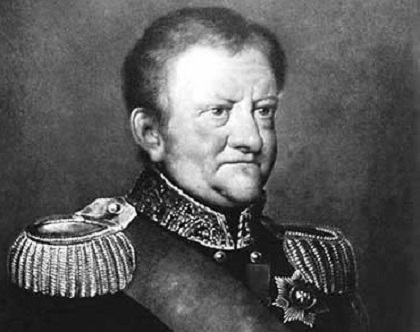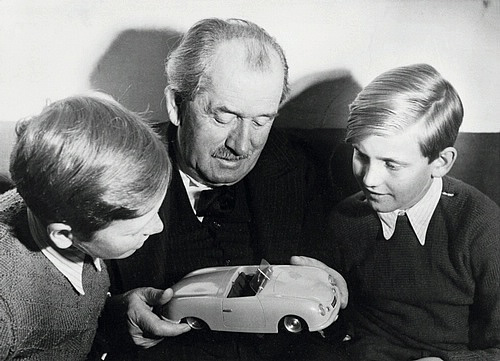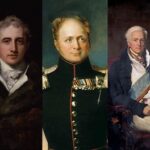September 3, 1757
 Birth of Karl August, Archduke of Saxe-Weimar-Eisenach. He made an intellectual center of Weimar through his invitation and patronage of Goethe, Herder, Schelling, Hegel and Schiller.
Birth of Karl August, Archduke of Saxe-Weimar-Eisenach. He made an intellectual center of Weimar through his invitation and patronage of Goethe, Herder, Schelling, Hegel and Schiller.
September 3, 1846
Birth of Alfred Brandt in Hamburg, Germany. Brandt was a lead engineer in the building of the Simplon Tunnel. It is the longest tunnel in Switzerland and for many years was the longest in the world
September 3, 1860
Death of Martin Rathke in Königsberg, Prussia (now in Russia). Rathke was the anatomist who first identified the gill structures in the embryos of mammals. He concluded that they were the vestiges of gills at earlier stages of evolution. He also identified the embryonic structure from which the anterior lobe of the pituitary gland develops.
September 3, 1869
Birth of Fritz Pregl in Laibach, Austria. He won the Nobel Prize for Chemistry in 1923 for developing the system of microanalysis of organic compounds.
September 3, 1875
Birth of Ferdinand Porsche in Maffersdorf, Austria. Porsche worked for the Daimler Automobile Company in Stuttgart from 1923 to 1931 and then left to form his own company. He specialized in sports cars and racing cars. At the request of Hitler he designed a peoples’ car, Volkswagen, in 1934. The Porsche sports car was introduced in 1950.
September 3, 1939
England and France declare war on Germany.
September 3, 1943
Allied forces invade Italy.
September 3, 1971
Signing of the Four Power Agreement on Berlin.








